10 results in Studies in Rationality and Social Change
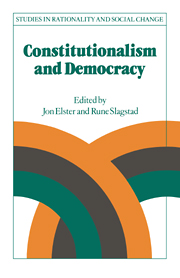
Constitutionalism and Democracy
-
- Published online:
- 05 June 2012
- Print publication:
- 01 September 1988

Interpersonal Comparisons of Well-Being
-
- Published online:
- 05 June 2012
- Print publication:
- 28 June 1991
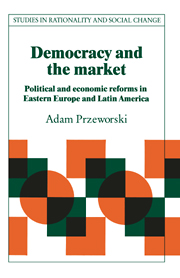
Democracy and the Market
- Political and Economic Reforms in Eastern Europe and Latin America
-
- Published online:
- 05 June 2012
- Print publication:
- 26 July 1991
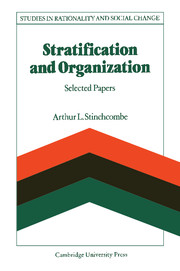
Stratification and Organization
- Selected Papers
-
- Published online:
- 06 July 2010
- Print publication:
- 23 October 1986
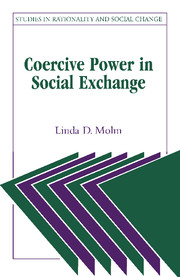
Coercive Power in Social Exchange
-
- Published online:
- 06 July 2010
- Print publication:
- 28 January 1997
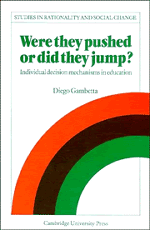
Were They Pushed or Did They Jump?
- Individual Decision Mechanisms in Education
-
- Published online:
- 07 May 2010
- Print publication:
- 23 April 1987
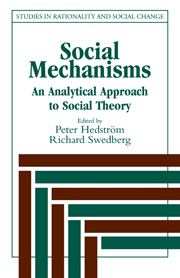
Social Mechanisms
- An Analytical Approach to Social Theory
-
- Published online:
- 24 March 2010
- Print publication:
- 13 January 1998
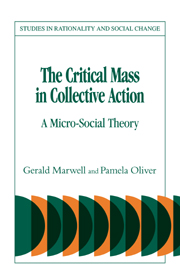
The Critical Mass in Collective Action
-
- Published online:
- 19 March 2010
- Print publication:
- 26 March 1993
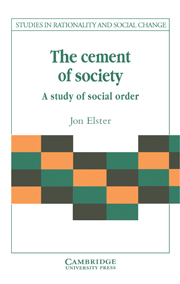
The Cement of Society
- A Survey of Social Order
-
- Published online:
- 09 January 2010
- Print publication:
- 28 July 1989

Resistance and Rebellion
- Lessons from Eastern Europe
-
- Published online:
- 04 December 2009
- Print publication:
- 07 May 2001

